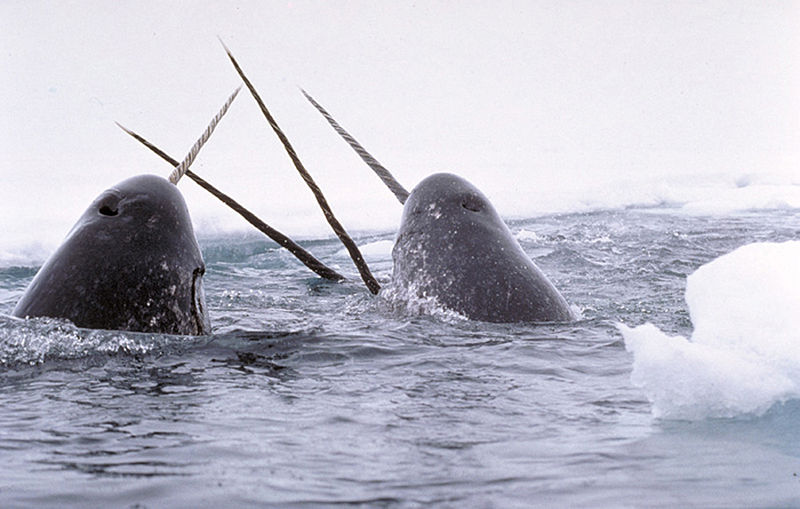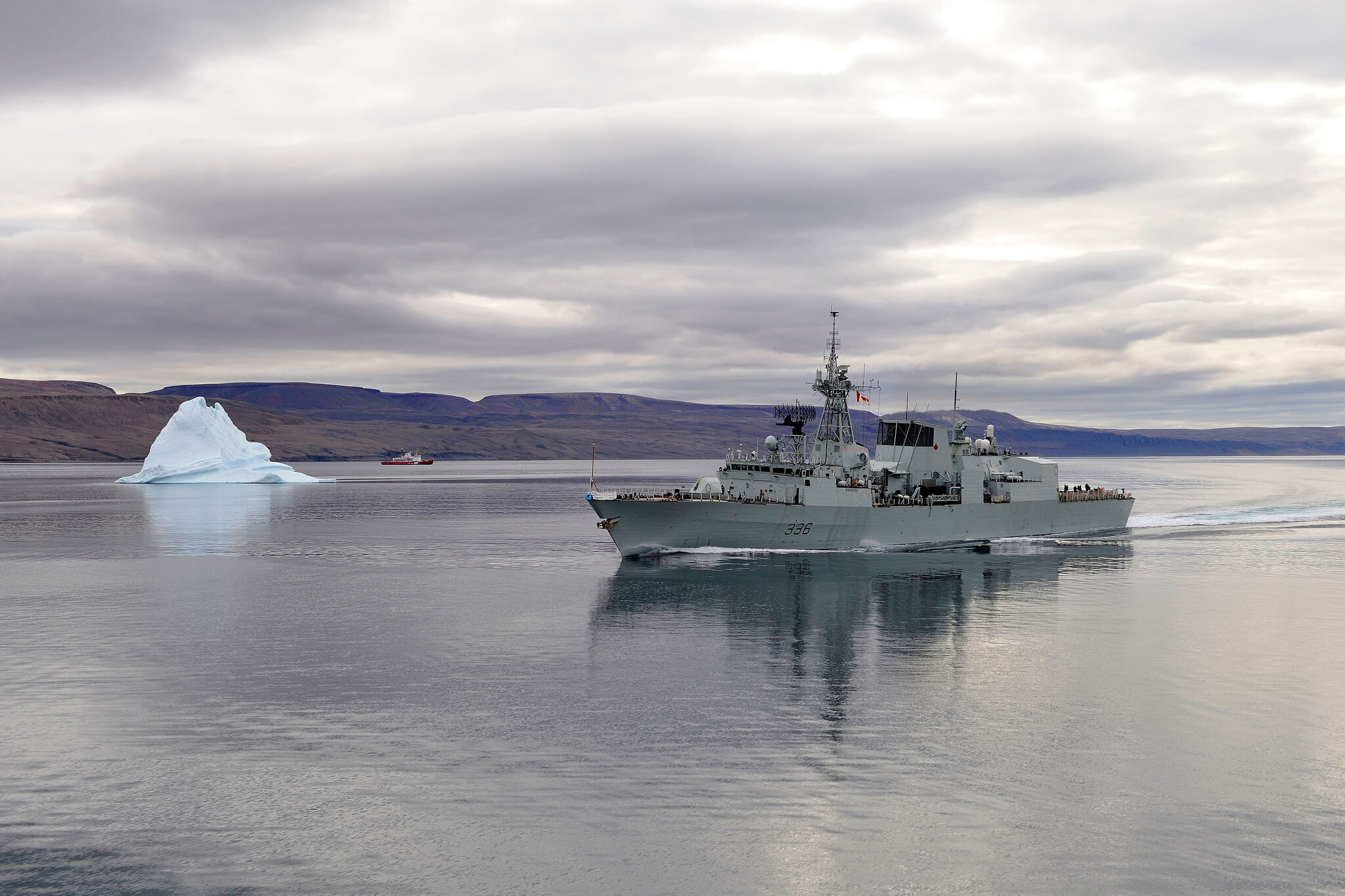The first piece in this series focused on the EU’s Arctic policy and the reasons why Brussels should be an active player in the region. For instance, the overlap of some northern European countries with Arctic Council membership means that Arctic politics become significant for the EU. The Arctic Council is primarily concerned with socio-economic and sustainable development, environmental protection, as well as search and rescue, but largely avoids matters of security and national sovereignty. In the areas that the Council is involved in, the EU can be a worthwhile partner, especially in environmental protection and socio-economic development. The EU is already a littoral Arctic actor via Denmark, which makes it a consequential political player in the region.
Environmental protection is one of the most complex areas of EU policy, because it covers a network of ecologically sensitive regions in all member states.
Socio-economic convergence and social inclusion in the EU happens via a complex grant system – thematic structural funds – aimed at general portfolio areas, such as administrative capacity, environmental protection and infrastructure. The applications for project approval come from member states, and any level of government or private sector entity can apply for funding along a thematic line as long as it fits within the corresponding criteria. Environmental protection is one of the most complex areas of EU policy, because it covers a network of ecologically sensitive regions in all member states. Enforcing against development encroachment, illegal logging, poaching or pollution are among the ongoing activities that member states need to address, often with EU funding.
Socio-economic convergence takes on a more fundamental perspective in the EU, in terms of creating local and strategic infrastructure, as well as building capacity for the inclusion of marginalized regions and groups in the mainstream economy. These initiatives might include subsidized job creation programs, education programs and the implementation of social services on the local level.
On the jurisdictional level, what could turn the EU into an Arctic player are the changes in the 2010 Lisbon Treaty, allowing the EU to sign treaties as a single entity. In addition, it supports the United Nations Convention on the Law of the Sea, which serves as the foundation for negotiations in the Arctic.
In an overarching perspective, the EU’s ability to act as a bloc with a single foreign policy combines with its multilevel governance model to offer support to the local level along the structural fund model. As a number of European countries, some of which are EU members, already have roles in the Arctic, the influence of the Union could help with bolstering their respective influence and capacity to be constructive members of the Arctic space. While it is unlikely that the EU will touch sensitive areas relating to security and defense initially, socio-economic and sustainable development, monitoring and scientific research are areas in which the EU contribution can be significant and influential in a very positive way. However, it will be up to the next round of admissions review by the Arctic Council to determine whether Europe’s bid to enter as a region will become a reality.




